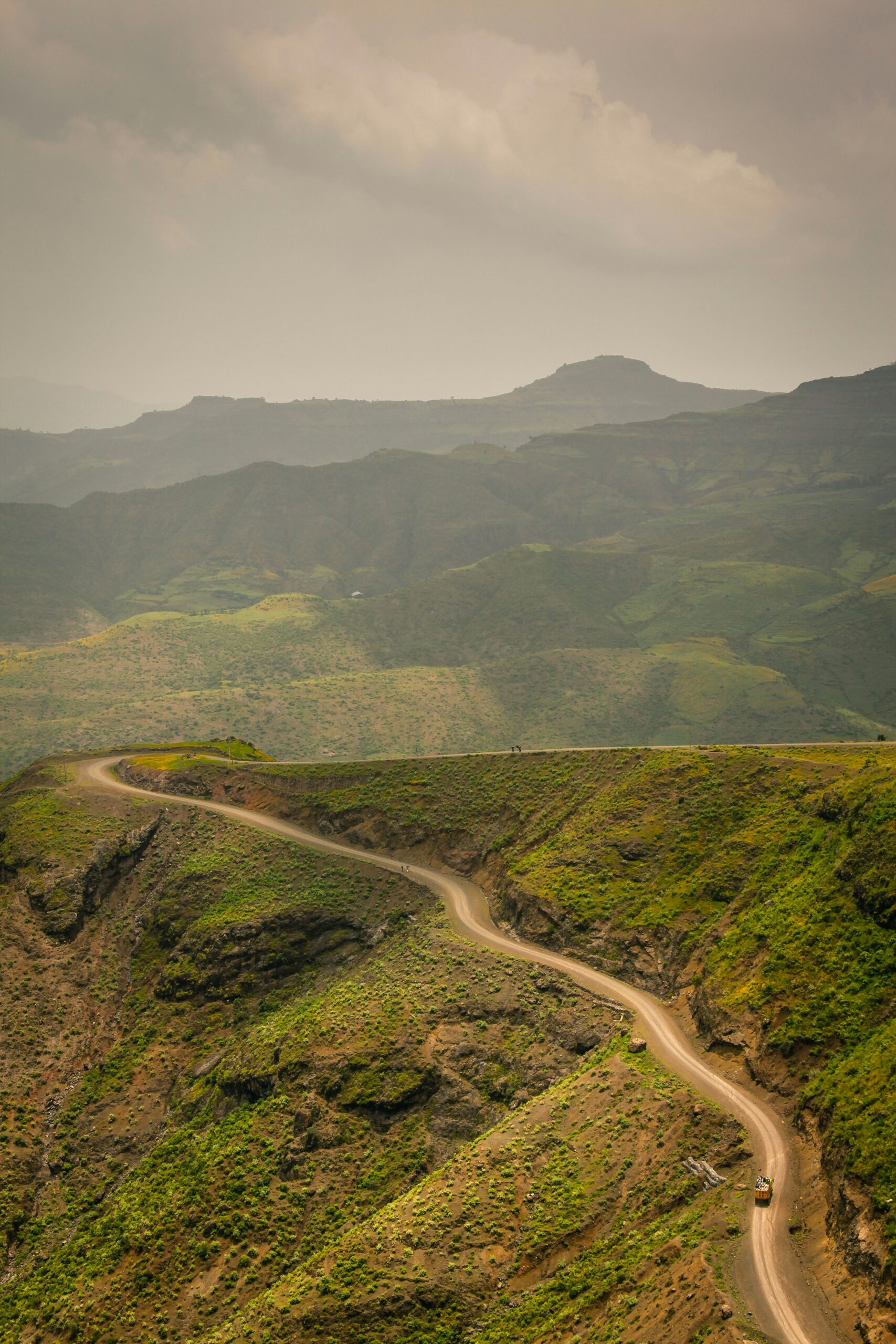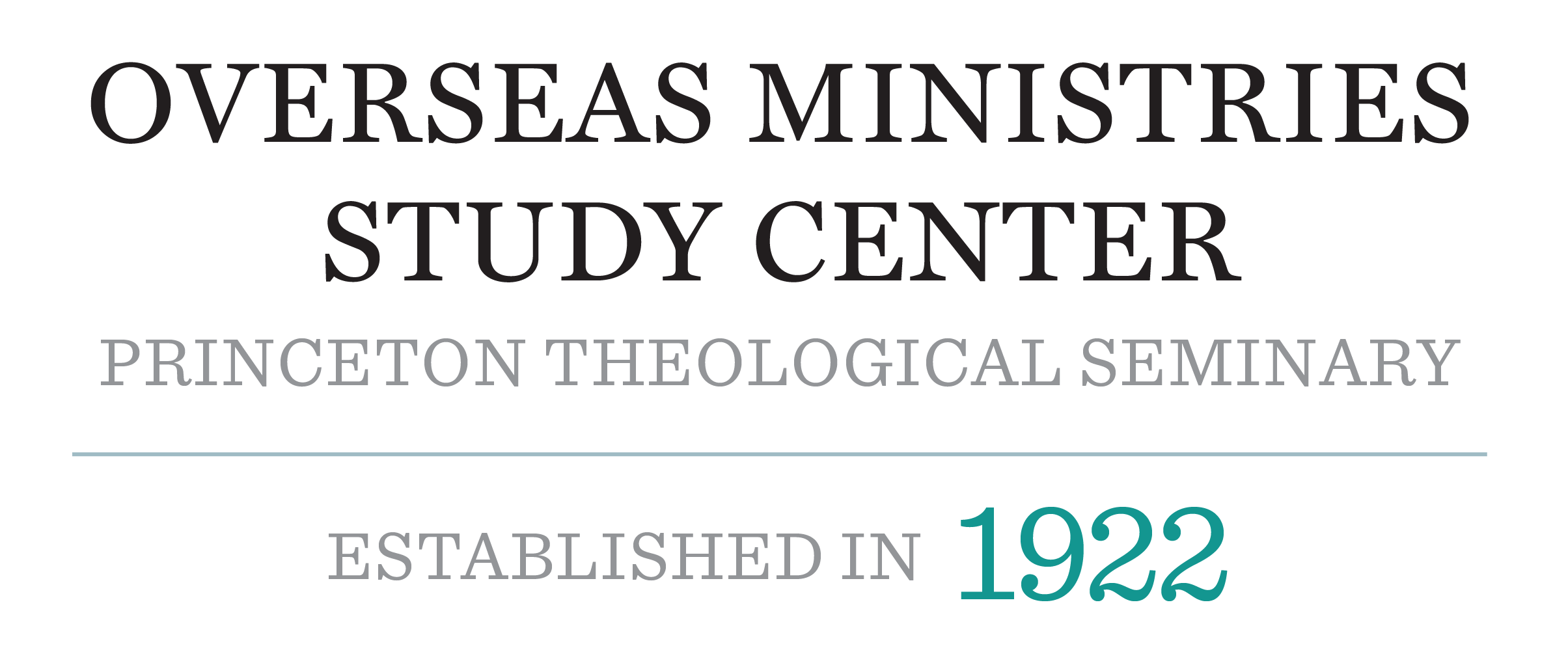By Sena Feyissa Negassa
 Sena is a theologian and theology Instructor at Mekane Yesus Seminary, which is the largest seminary of the Ethiopian Evangelical Church of Mekane Yesus. She teaches several courses including theological issues in context, synoptic gospels, Lutheran confession, and Ethiopian church history. In addition, she is serving as the seminary’s assistant to the associate dean of theology and summer program coordinator. She has participated in several Lutheran World Federation and Norwegian Mission Society meetings as a youth delegate.
Sena is a theologian and theology Instructor at Mekane Yesus Seminary, which is the largest seminary of the Ethiopian Evangelical Church of Mekane Yesus. She teaches several courses including theological issues in context, synoptic gospels, Lutheran confession, and Ethiopian church history. In addition, she is serving as the seminary’s assistant to the associate dean of theology and summer program coordinator. She has participated in several Lutheran World Federation and Norwegian Mission Society meetings as a youth delegate.
Going outside and looking at all the creatures around me always fills me with joy. Especially thinking about God’s majesty and the beauty of creation. I first saw the ocean in Monrovia, Liberia; there I was, standing in the expanse of the golden sand, and looking at fringed palm trees with the waves of the Atlantic Ocean in the background gave me a complex feeling of fear and wonder. At that specific moment, I realized that creation is something that we should value and be thankful for. This thought helped me to admire God and see how deep the love of God is for all people. Although I used to take it for granted before that, I realized how God trusted human beings created in God’s image to be stewards of creation.
The Oromo people in Ethiopia, who follow the ethnic religion Waaqeffanna, believe there is a supreme God, whom they call “Waaqa Gurr’acha” or “Black God.” The Oromo thanked “Waaqa” for creating all of the creations and gathered every year in September for thanksgiving. They also welcomed the new season of plentiful harvests after the end of the dark and rainy winter season.
However, for Christians, the Triune God is indeed the creator of the universe, as mentioned in Genesis 1:1. Environmental stewardship is always related to Almighty God, who is the source and owner of everything created in the world. Being a steward of the environment and valuing one’s creature shows respect for the creator.
God’s first commandment to human beings is not toward God or their fellow human beings; instead, it is directed at the care of other creatures and creation (Gen 1:28, Gen 2:15). Thus, Christians are expected to take environmental stewardship seriously. It is also directly related to Christian life and how they live. For this reason, environmental stewardship is not an optional thing for the Church.
Climate change and Global warming continue to occur at an alarming rate. Thus, these are both burning issues at a global level. Many secular organizations are dealing with this issue by pointing out that humans are responsible for taking care of the creation and are destroying it. The environment or God’s creation is a gift and should be regarded as how God shows love for every person and needs wise care.

Although creation care is expected from all, Christians who believe in Jesus Christ and are guided by the Word of God are responsible for acting. As the representation of the kingdom of God, the Church is expected to understand the value of creation, proactively act, and take initiative in environmental stewardship. To accomplish this, we must realize knowledge is the key. The Church should be sure that believers have adequate knowledge and understanding about their responsibility for the creation from a biblical perspective. In doing so, this could influence others.
Ethiopia is a country where agricultural and farming activities take place. The economy of the country is highly based on agriculture. In countries like Ethiopia, where the entire economic performance depends on the agricultural sector, the impact of climate change is more concerning. Many people are exposed to different health and other ecological problems here. Ecological issues have different implications for many Ethiopians’ health and lives. Many are disabled and die because of vector-borne infectious diseases, waterborne diseases, and malnutrition as a result of climate change.
Ethiopia’s Green Legacy Initiative, launched in 2019 with the desire to create a green and climate-resilient Ethiopia, brought a vast revival to the country. By the end of the fourth year, Ethiopia had planted 25 billion seedlings. The project, initiated by the government, brought remarkable change.
On the other side, there are exciting and encouraging works by the Ethiopian mainline churches to improve the climate situation and prevent global warming. Many churches, like the Ethiopian Evangelical Church Mekane Yesus, through their Development and Social Service Commission (DASSC), the Ethiopian Mulu Wongel Amagnoch Church through the Development Commission, and the Ethiopian Berhane Wongel Baptist Church sought to address the ecological problems by implementing different environmental projects.
The development commissions of these churches focus primarily on the developmental goals rather than the spiritual works. Among the focus areas, ecology is one. Raising awareness on climate change, Natural Resource Management (NRM), soil, water, and vegetation conservation. Other churches participated in the green legacy project initiated by the government and continue to show their role in environmental stewardship in the country. Besides the remarkable work that churches are doing, I believe that creation care should not be assigned to specific people or organizations; instead, every believer should be expected to have adequate knowledge about the issue and act accordingly.
Thus, collaborating with development commissions alongside every denomination and theological seminary would bring significant change to the ecological problems that the country is facing. Since many Ethiopians are religious and eager to listen to their church leaders and ministers, this would be a vital shift in thinking about ecological stewardship. On top of that, it is possible to reach the masses in the Church. Through preaching and teaching, church leaders and pastors can quickly create awareness about environmental stewardship and educate illiterate and literate church members through Sunday sermons and different means. In this way, they can help believers understand their responsibility in the care of creation according to the word of God. In addition, including ecology in theological education would help shape their understanding of environmental stewardship and teach the believers the importance of this theological tenet. Thus, including ecology in theology courses and developing ecological programs in seminaries will create a space for church pastors and leaders to engage deeply on this pivotal issue.




